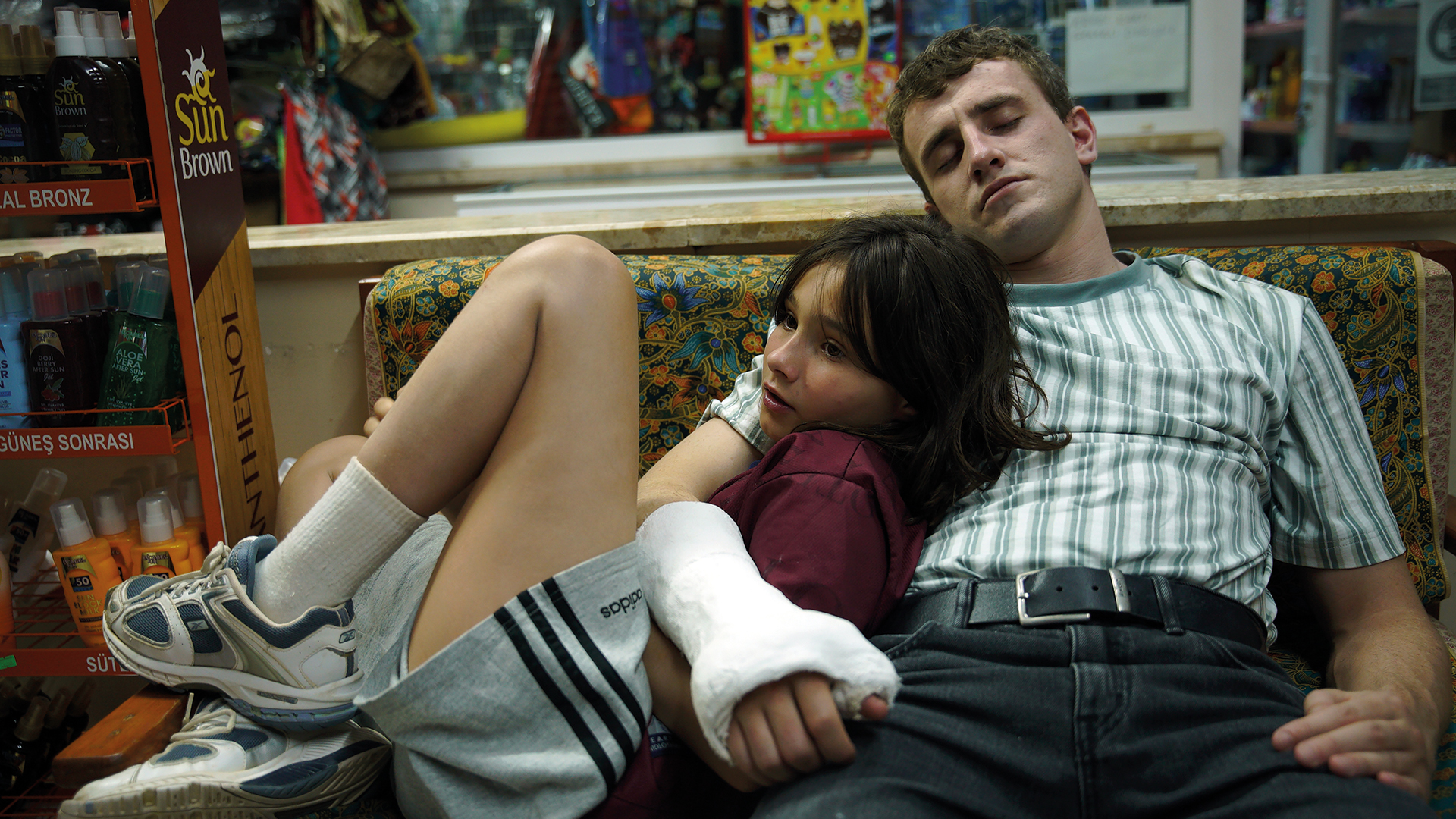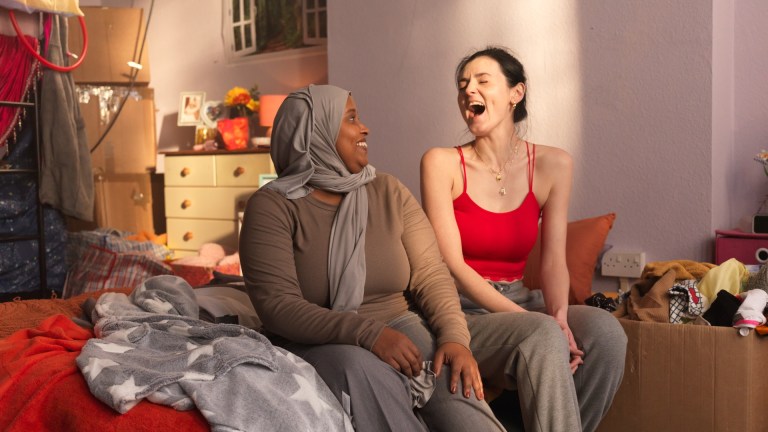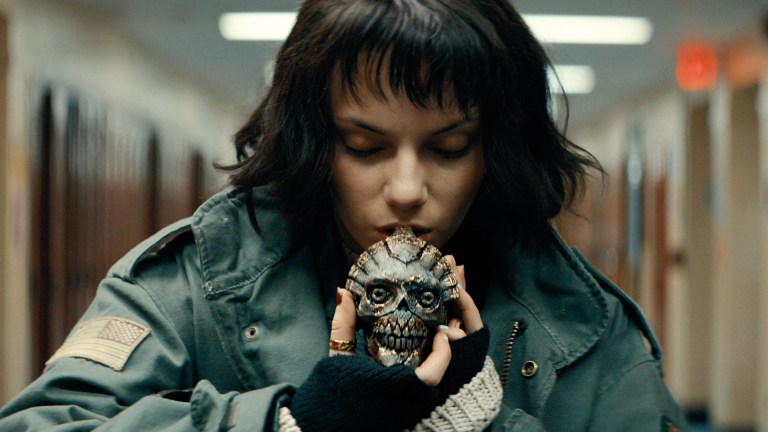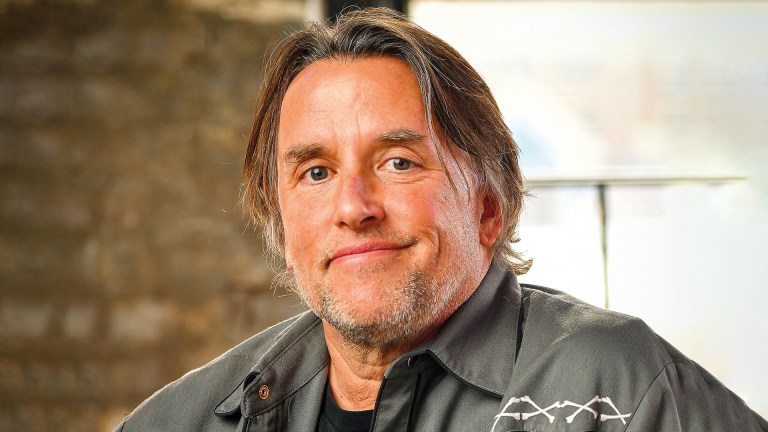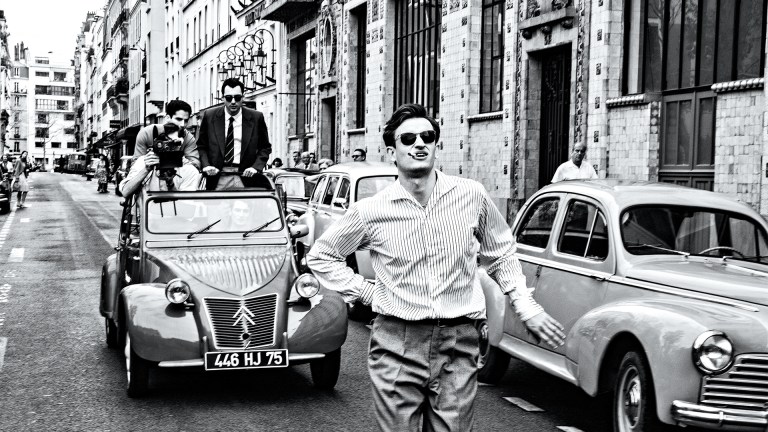There is a scene that Charlotte Wells keeps returning to from her film Aftersun. In it, father and daughter Callum (Paul Mescal) and Sophie (Frankie Corio) are immersed in a mud bath towards the end of the holiday in Turkey that is the focus of the film.
They’d had a strange, unspoken fight the night before, Callum disappearing for hours and passing out drunk on Sophie’s bed, Sophie locked out of the room and quietly exploring the ramshackle resort.
In this scene, Callum is trying to apologise to Sophie as he smears mud, hand flat and wide, over his arm. Sophie shrugs it off, smiling, barely seeming to hear him. She takes a fistful of mud and, more precisely and attentively, paints it on his other side.
It is a scene that came both from Wells – and her “own inability and inadequacy to self-express” – and from the film’s young star Corio. “Frankie doesn’t really like sitting in sadness,” Wells explains. “It [became] a product of different people and their different struggles to communicate.”
It also perfectly encapsulates the heart of Aftersun, Wells’ bruised, tender autofictional debut about a young woman looking back at her complicated relationship with her father during a childhood holiday. In the silent application of mud and the resisting of difficult emotions are families in microcosm: the inarticulate tensions, the intimacy of care, the regret that so often bridges the divide between childhood and adulthood.
- How Anya Taylor-Joy cornered the Complex Female Character market
- Elvis review: The paradox of American myth-making
- Ryan Reynolds: What Hugh Jackman taught me about musicals
- Oscar nominations 2023: Where are the female directors?
In Aftersun, memory, much like language, is a fractured and elusive thing. The adult Sophie is barely anchored to her present, caught in relentless tides of recollection and grief – some kind of tragedy seems to have occurred between past and present, although we’re not quite sure what.
